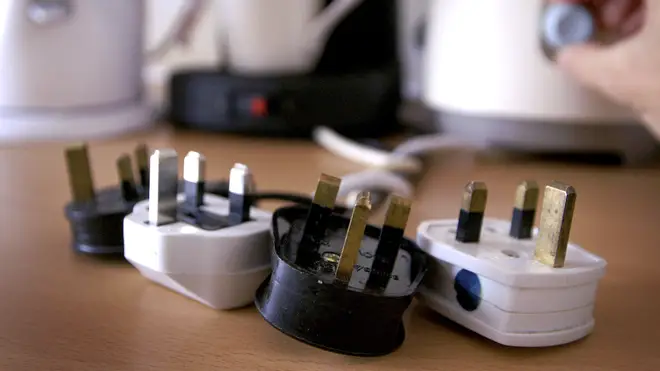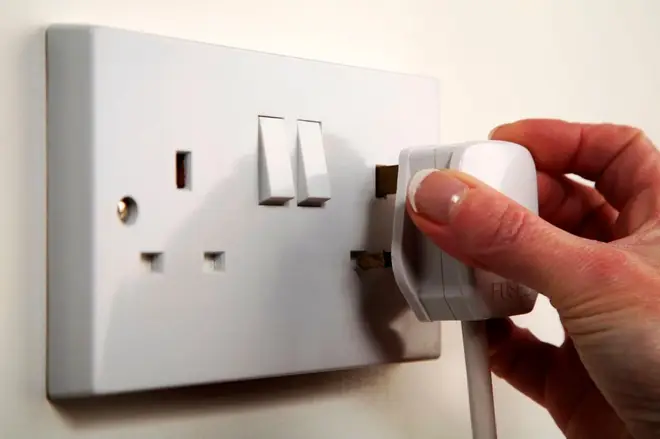
Iain Dale 7pm - 10pm
1 April 2020, 09:14

Overloading plug sockets, daisy-chaining leads and charging devices on beds while working from home could lead to a rise in electrical fires, experts warn.
Unsafe electrical set-ups can be putting people at unnecessary risk in their houses, according to Electrical Safety First.
The charity has expressed concern that with more people working remotely or from home during the coronavirus pandemic, the number of electrical blazes the fire service has to deal with could rise.
A survey conducted by the organisation found that more than one in three people who use extension leads or adaptors while working from home are oblivious to the potential hazards from overloading plug sockets.
Almost half (44 per cent) of the 3,000 surveyed admitted to daisy-chaining, where one extension lead is plugged into another, which increases the risk of fires.
The study also highlighted bad habits while working in the bedroom, with more than half admitting to either often or sometimes placing an electrical item such as a laptop or phone on their bed while it is charging.

Lesley Rudd, chief executive of Electrical Safety First, said: "With 70 per cent of those currently working from home doing so for the first time due to Covid-19, it's unsurprising that not everyone will have had a chance to ensure their work stations are free from electrical hazards.
"Take a few minutes to make sure you're not daisy-chaining extension leads or overloading your plug sockets, and that you are charging your devices on hard, non-flammable surfaces."
"We should all pay extra attention to electrical safety during our period of remote working."
Rick Hylton, lead for home safety at the National Fire Chiefs Council, warned that temporary home offices could lead to a rise in electrical fires.

Gove: There have been over 10,000 coronavirus hospital admissions
"The fire service ask that you check you have working smoke alarms and a practised escape plan in case there is a fire," he said.
"But also make sure you follow the simple advice to reduce your risk of an electrical fire.
"These fires are often preventable and the advice will not only keep you working safely at home but reduce the pressure on the fire service."
Electrical Safety First urged people to use its online Socket Overload Calculator to check they are not plugging in too many appliances at once.